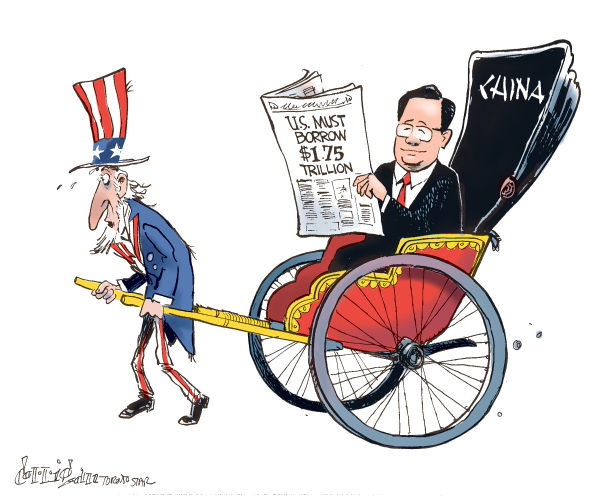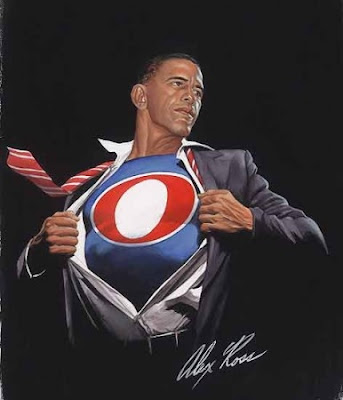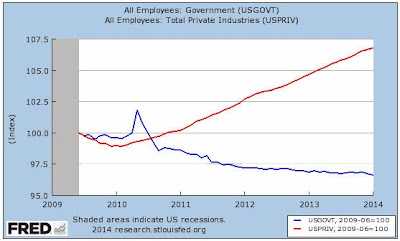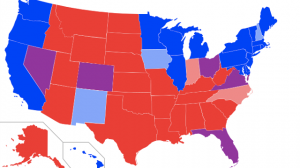A Buddhist Perspective on Work and Income That Makes Perfect Sense...
Universal basic income (UBI), as a universal and unconditional periodic cash payment directly to individuals, has recently become a topic of interest among politicians, scholars, and religious leaders. It aims to serve as a neatly designed policy tool to address widening income disparities. Even though further studies are required, some existing evidence supports that UBI-style programs alleviate poverty, improve health and education outcomes, and do not hinder labor market participation. These programs have drawn more interest and debate during the COVID-19 pandemic, as they are temporarily accepted to serve as band-aid and short-term responses to the unprecedented economic dislocation. The pandemic may push the circumstances to extremes: Even some self-righteous defenders of the free market are willing to concede that if rescue packages are required to bail out failing corporations, many others may need help too! When people are restricted from working to protect public health, not because they are not motivated, previous concerns over moral hazards may also seem unwarranted.
The pandemic may also force us to rethink what humans really “need” instead of “want” to be happy. Necessary medicine to maintain good health, proper food and nutrition, safe shelter, and sufficient protective clothing are the four basic human needs in Buddhist teachings. In one instance, the Buddha waited for a poor peasant to be properly rested and fed before commencing his teachings. Those without these four basic needs would be considered to be in poverty. Nonetheless, Buddhist notions of wealth are not only material. The Buddha does not deny material wealth like silver and gold, but these forms of wealth can be taken away (by fire, water, kings, thieves, and displeasing heirs). They are also unreliable because they can deepen our greed, hatred, and delusion. Instead, the Buddha taught about the cultivations of wealth in terms of moral virtues, namely (1) faith; (2) virtuous behavior; (3) learning; (4) generosity; (5) wisdom; (6) moral shame; and (7) moral dread (Anguttara Nikaya [AN] 7.6 and AN 7.7). These seven kinds of wealth are truly worthy because they cannot be taken away, and they lead to the cessation of suffering. The Buddha taught that those without moral temperaments are truly indebted and poor (AN 6.45).
Accordingly, a significant insight from Buddhist teachings to UBI is to properly align its objectives. UBI should aim at supporting human basic needs but not greed, hatred, or delusion. It is supposed to provide the foundation to develop human capacity and moral cultivation. The cash distribution should not be a panacea, and definitely not a band-aid, but perhaps a sustainable and flexible way to kick-start human potential and inspiration without taking away the incentive to work, save, invest, and learn.
Another distinctive Buddhist perspective on UBI is that work should be meaningful by itself. According to Buddhist teachings, work should not be considered merely as a means to satisfy our endless desires. It is an integral part of life, and a skill- and character-building process. Work, if conducted in accordance with the Buddhist concept of right livelihood, is a real life practice of sustainable happiness. As Michael Sandel argues, market power could corrupt and coerce people to make involuntary or immoral choices. UBI should empower people with the basic necessity to freely choose morally sound and inspiring work. The Buddha taught that “whatever occupation he makes his living—whether by farming or trading or cattle tending or archery or as a king's man or by any other craft,” he is accomplished in initiative when he is skillful and diligent (AN 8.54). The Buddha guides a layperson to acquire wealth worthy of praise and enjoyment by “energetic striving, strength of his arms, sweat of his brow, righteous wealth righteously gained…” (AN 4.61).
SOURCE - Comtinue reading for more knowledgde and exploration.
An enlightened and noble view. Toss off the capitalist cloak, step into your non-cluttered and inquisitive mind, meditate and who knows. You could become part opf the very need3ed solution.








Comments
Post a Comment
RN USA is a No Judgement Zone (to steal from Planet Fitness), so please, No Judgement of others. We reserve the right to delete any such comment immediately upon detection.
All views are welcome. As long as the comment is on topic and respectful of others.